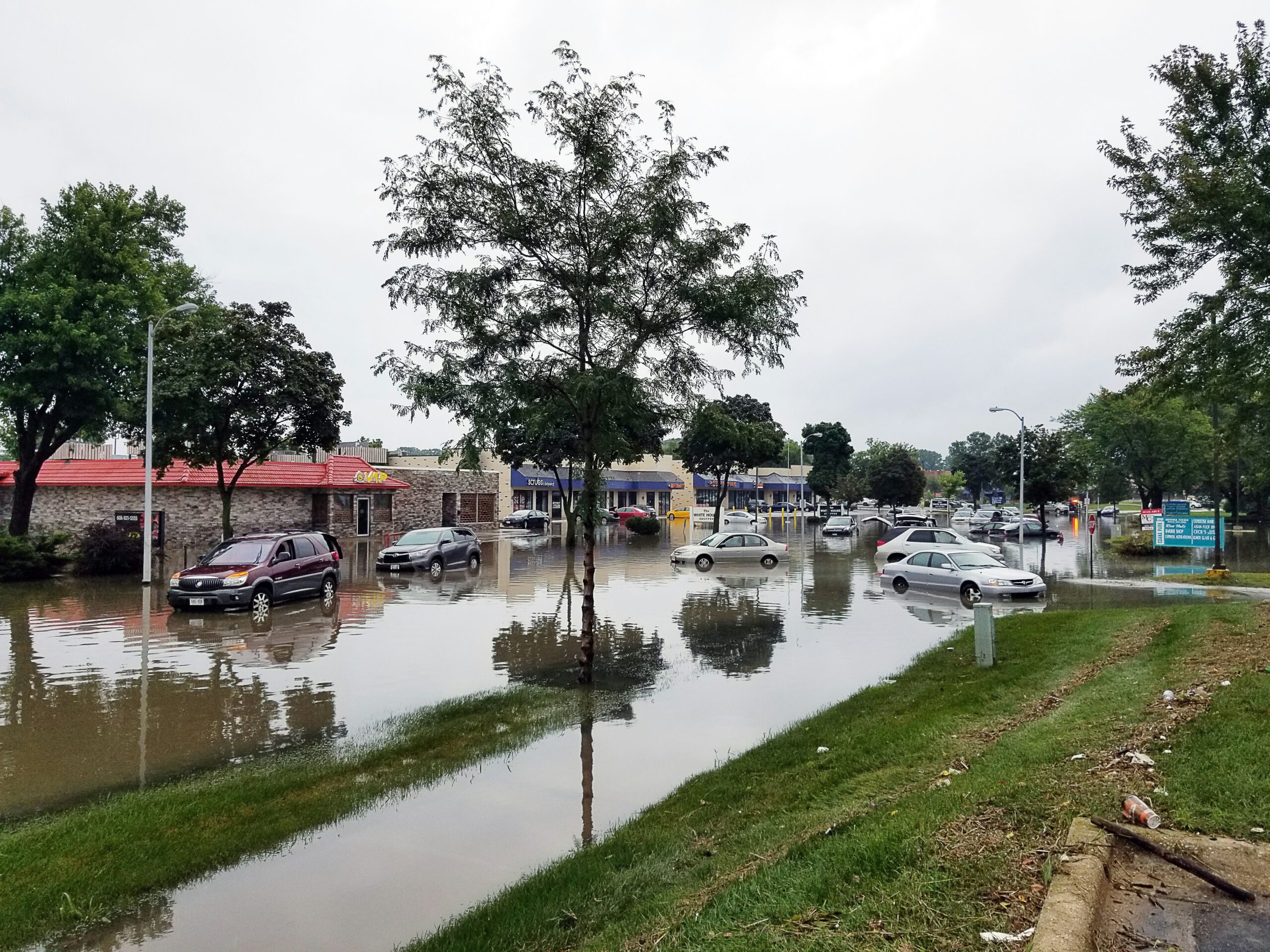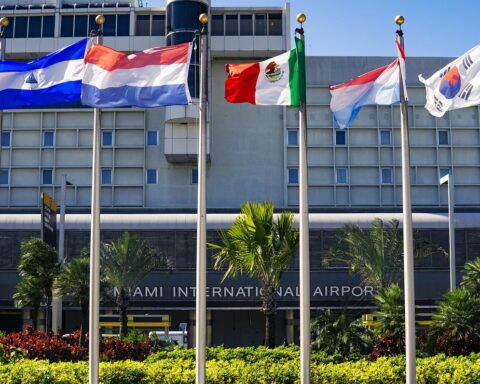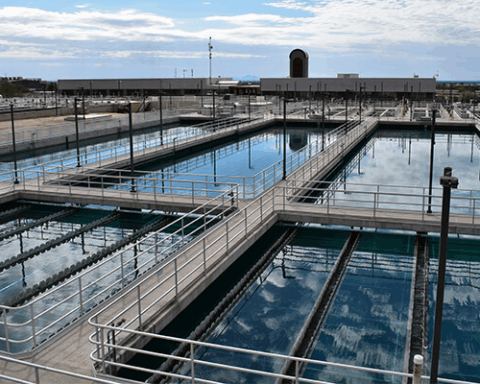The National Oceanic and Atmospheric Administration (NOAA) has announced its selections of 19 projects slated to receive a total of $575 million to boost coastal readiness against storms and flooding in states and territories along the oceans and Great Lakes.
“From sea level rise and storm surges to eroding infrastructure, coastal communities are on the frontlines of dealing with the worsening impacts of the climate crisis,” National Climate Advisor Ali Zaidi said in a press release. “We are driving progress and innovation in climate resilience across the board, using every tool in our nation’s toolbox to fight climate change and safeguard communities.”
As climate change continues to accelerate, coastal communities face increasing threats from sea level rise and intense storms. Coastal infrastructure and habitats can take a beating from the elements. The communities along the coast will have to face the challenge head on. The grant funding will help ensure those communities have the resources to minimize the damage from future climate impacts.
The grants are part of NOAA’s Climate Resilience Regional Challenge, a competitive program funded by the 2022 Inflation Reduction Act. This initiative funds projects that include activities like habitat restoration, stabilizing seaside bluffs, realigning coastal highways and stormwater drainage improvements. The funding also empowers communities to establish emergency plans, educational programs and even purchase coastal properties to prevent them from being developed.
The funding is divided into two tracks: planning and capacity building awards, and implementation awards. The former, averaging $1.8 million each, focus on communities initiating or advancing collaborative efforts to improve coastal resilience. The latter, ranging from $56 million to $75 million over five years, fund transformational projects for acquiring vulnerable land, building natural infrastructure and strengthening public access to coastal resources.
In Alaska, three projects totaling $78.9 million have been selected by NOAA. The largest, a $74.9 million project led by the Alaska Native Tribal Health Consortium, seeks to transform tribal climate adaptation activities across nearly 100 Native Alaskan communities. This project will focus on establishing a community climate risk assessment program, expanding technical assistance for communities, and establishing educational programs. Two smaller projects, each around $2 million, will support climate adaptation planning and community-based monitoring efforts in the Bristol Bay region.
Washington state is set to receive $75.6 million across two projects. The larger project, led by the Washington Coastal Zone Management Program and funded at $73.6 million, will implement a framework for improved climate resilience developed over 20 years of partnership efforts. This includes habitat restoration, realignment of State Route 112, shoreline restoration and stormwater drainage improvements. A smaller $2 million project will enhance regional collaboration in the Puget Sound basin.
In Maine, a $69 million project led by the Governor’s Office of Policy Innovation and the Future will support goals outlined in the state’s climate action plan. The project focuses on nature-based solutions and strengthening the resilience of working waterfronts. Key activities include planning and developing climate adaptation strategies, expanding technical assistance tools, updating the state’s regulatory framework, and conducting demonstration projects across the state.
California’s Monterey Bay region is set to receive $71.1 million to implement adaptation strategies addressing flooding and wildfire risks while building capacity through workforce development. This project, led by the California Marine Sanctuary Foundation, will use nature-based approaches to strengthen ecosystem and habitat resilience while protecting human communities.
Other significant projects include a $72.5 million initiative in New Jersey, a $69 million project in the U.S. Virgin Islands, and multiple projects in Louisiana totaling over $59 million. These projects span a wide range of resilience efforts, from protecting cultural resources to restoring historic flood plains.
“Coastal communities are already on the front lines of experiencing the impacts of extreme weather fueled by the climate crisis,” John Podesta, senior adviser to the president for international climate policy, said in a press release. “These grants will better equip them to design locally-led projects to build a stronger and more resilient future in a warming world.”













